CAROL BAXTER
teaches you how to
RESEARCH, WRITE and PUBLISH
Carol Baxter is an internationally acclaimed author who also teaches researching, writing and publishing skills (see review comments below).
Why employ a writing teacher on a lengthy cruise?
Some passengers have always wanted to write a book or newsletter or article or start a blog but haven't had the time or skills to do so. Thus, lengthy cruises are an ideal opportunity for them to begin their writing journey or learn how to progress their writing.
Most would-be or amateur writers want to write nonfiction; for example:
• Autobiography or memoir
• Biography of an ancestor or friend/relative or a famous or infamous person
• Family history
• Local history (e.g. town, village, house)
• Subject of professional interest (e.g. “how to” book or blog)
• Subject of personal interest (e.g. travel writing).
It is worth noting that 60-70% of a bookshop's shelf space is devoted to nonfiction so amateur writers don't have to write fiction to attract a publisher (and it's easier to write high-quality nonfiction).
And if writers of any genre don't have the skills to attract a mainstream publisher, online self-publishing and blogging is now easy and free.
Ten lesson program
Carol tailors her lessons to suit her audiences and to the number of required or requested sessions.
For example, for a program of ten 45-60 minute general writing sessions, her lesson descriptions are shown below. After each teaching session, the attendees will be given a link to a lesson handout.
Additional lessons can be provided (some examples are shown below) as well as sessions devoted to discussing the attendees' resulting writing output.
While Carol's focus is to teach the skills of crafting interesting nonfiction, many of her lessons teach general writing skills so they apply to fiction writers as well.
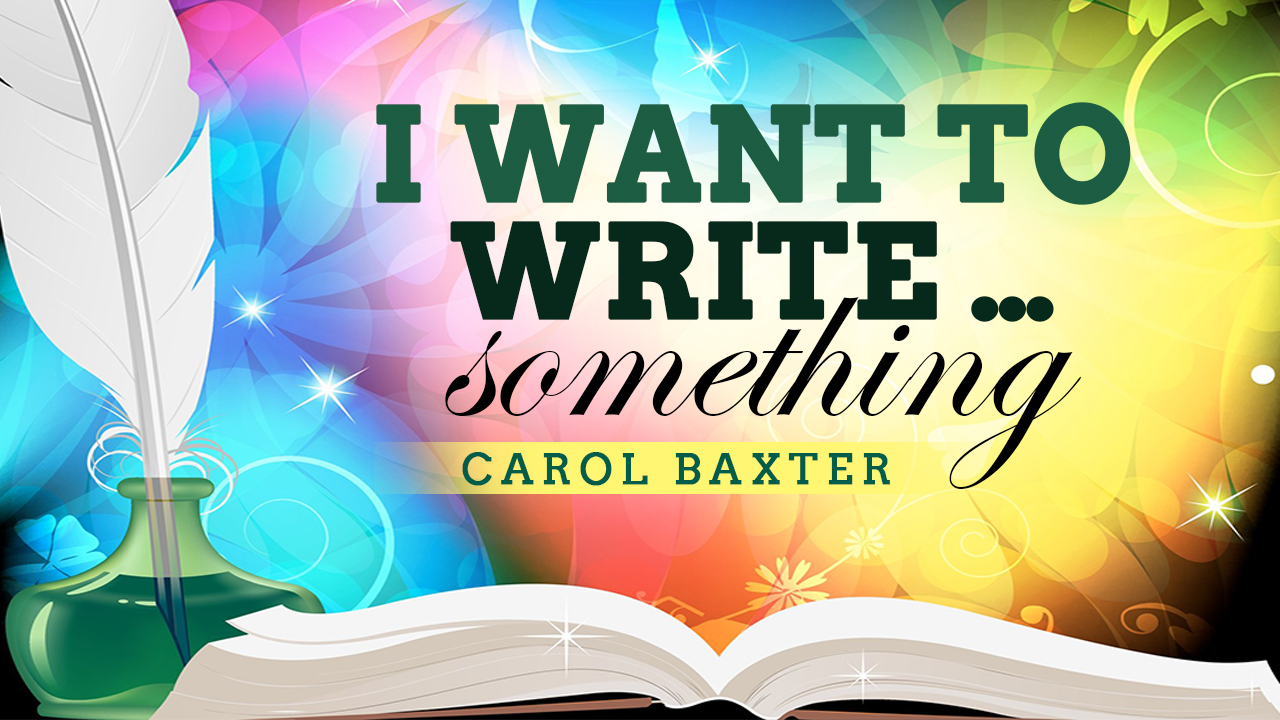
1. I want to write ... something
Everyone has at least one book in them. Some people think they should write fiction, unaware that the average bookstore devotes 60-70% of its shelf space to nonfiction. Additionally, it's easier to write a gripping nonfiction book than what could prove to be a tedious novel. So bring your ideas to this session and we'll explore the possibilities.
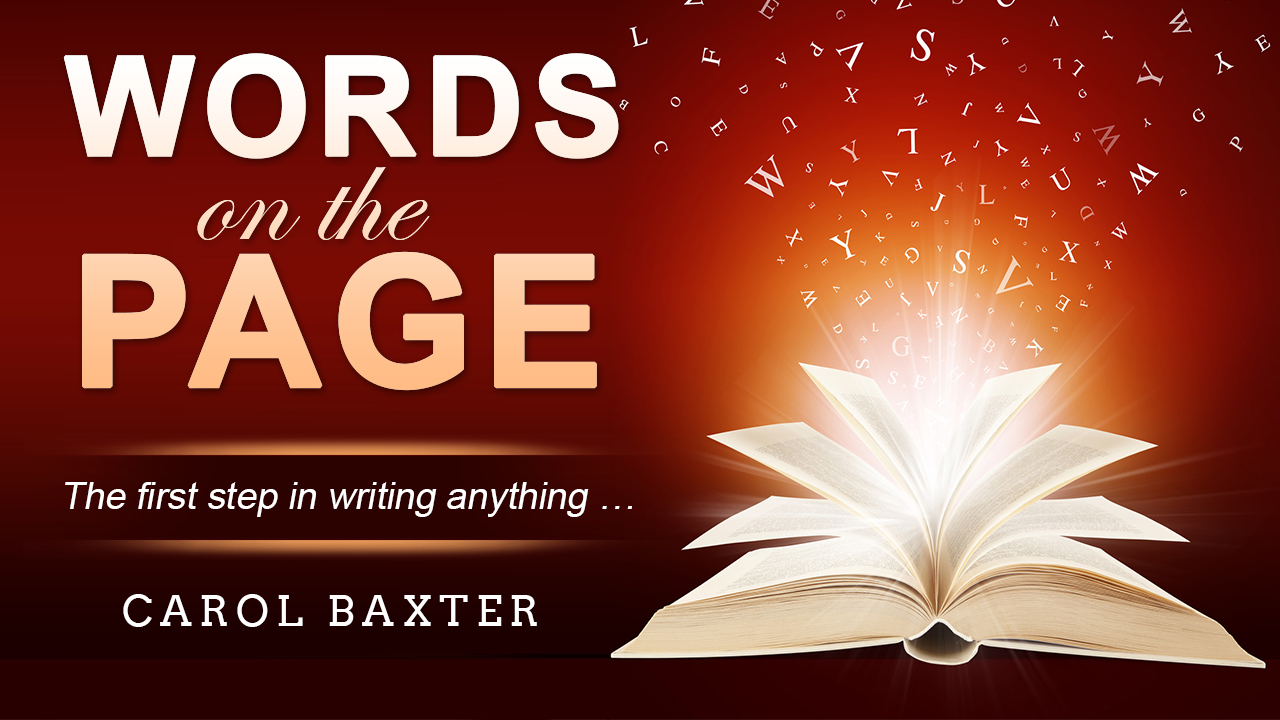
2. Words on the Page
A wise person once said: “First drafts don’t need to be perfect. They just need to be written.” We might wish to write a novel or an autobiography, biography, memoir or family history or produce a hardcopy book or ebook or article or blog post about any subject of personal or professional interest. Whatever the genre and publication, we begin by getting words onto our page.
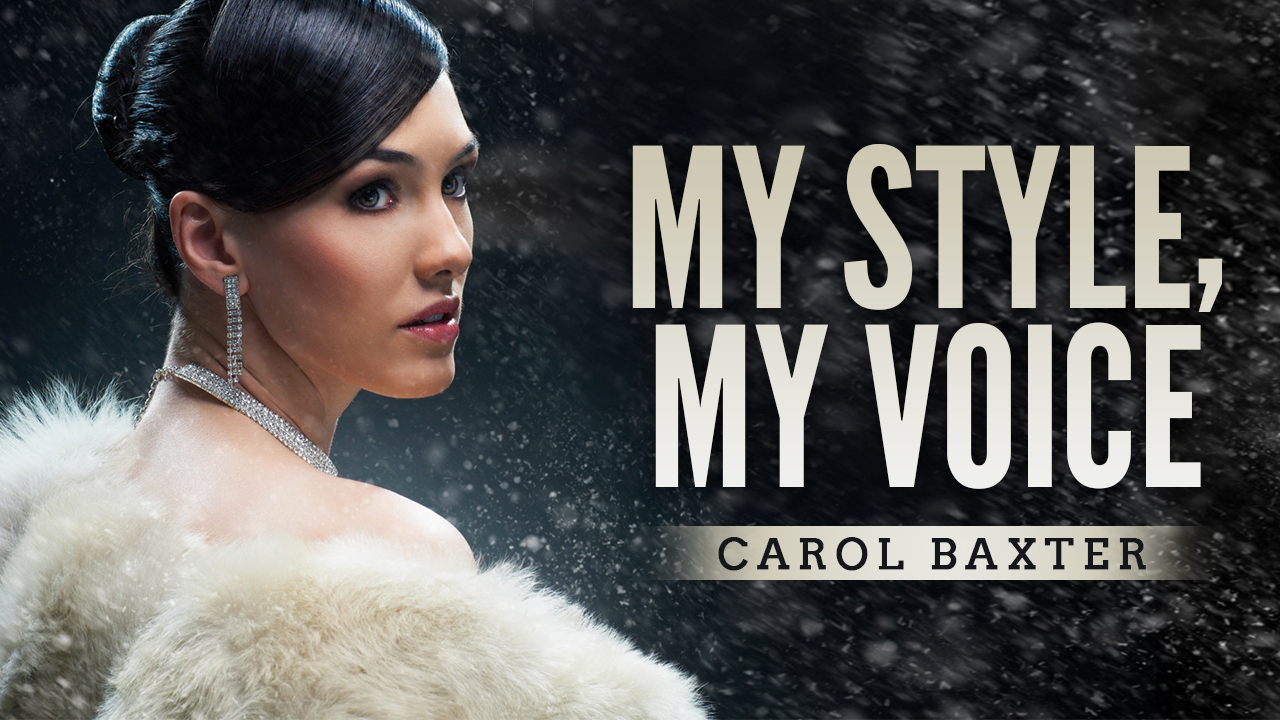
3. My Style, My Voice
The fundamentals of writing include our personal style, tone and voice. In this lesson we explore these terms and how they influence our writing. We also explore other writing fundamentals, such as person, point-of-view, and tense, and how we can use them to engage our readers.
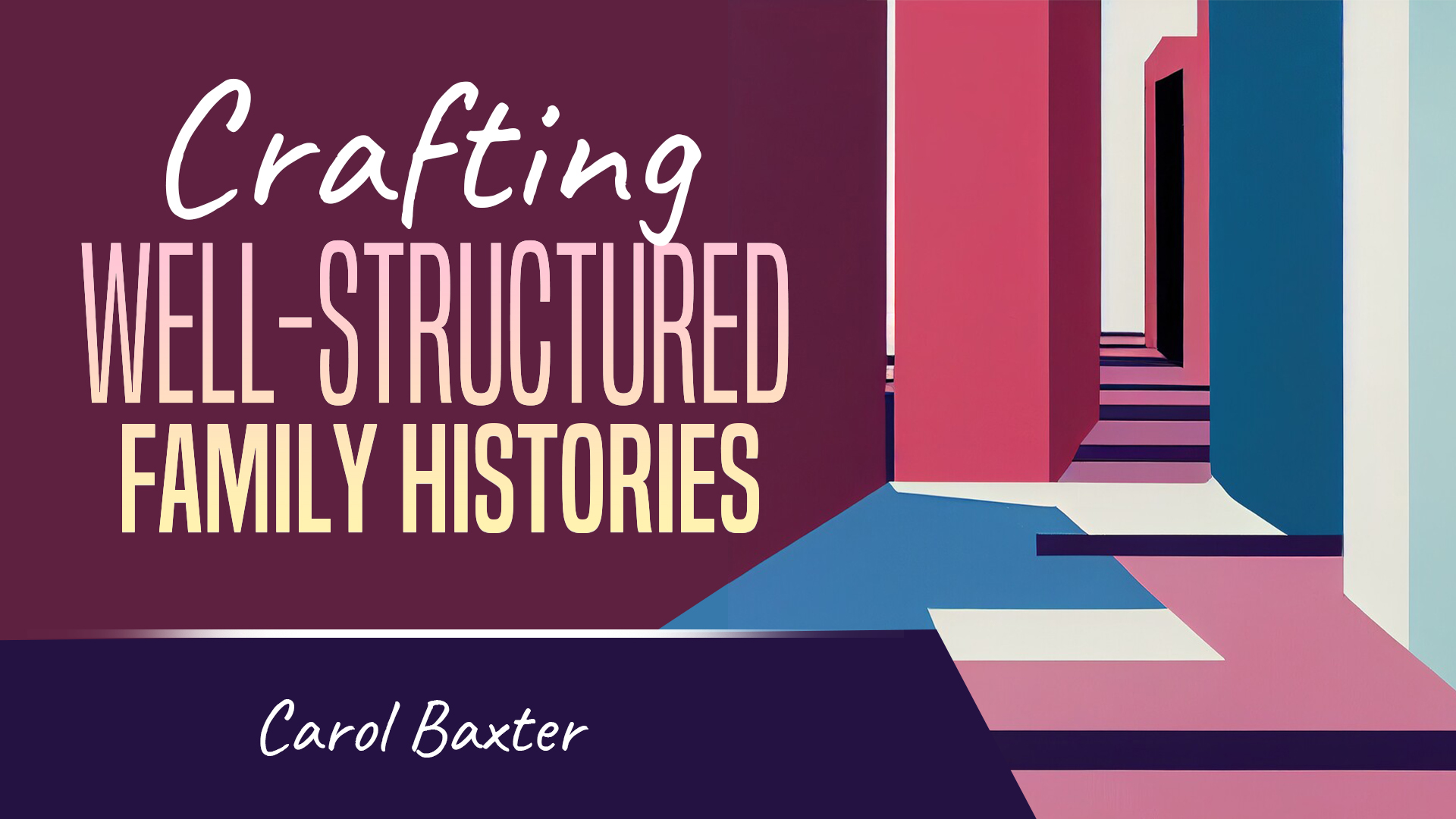
4. Crafting Well-Structured Books (or Family Histories)
To write a fine book, we must convert our facts and stories and other information into paragraphs of prose. But how do we group the resulting paragraphs to produce a logical, coherent and easy-to-read structure? Among other ideas we'll discuss "planners" versus "pantsers" as well as hourglasses and Russian Matryoshka dolls.
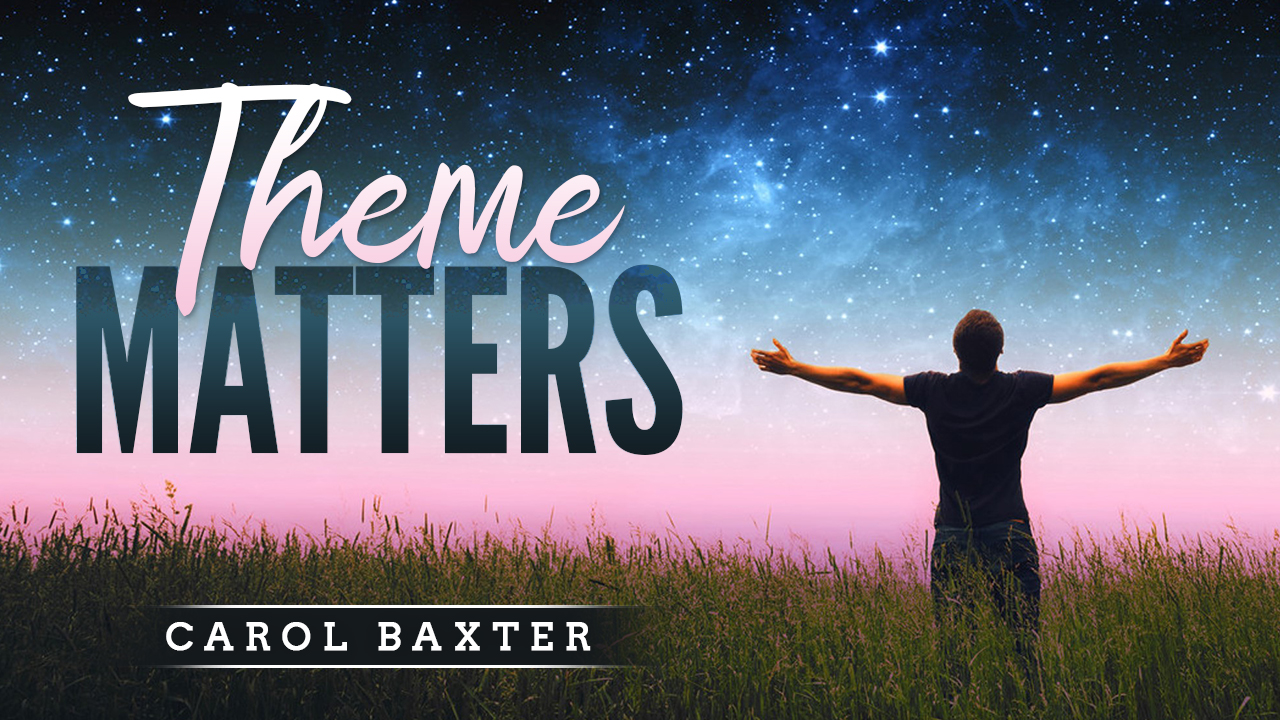
5. Theme Matters
For most family historians, the through-line of a biography is usually the chronology: birth to death with everything inbetween communicated in a chronological sequence. However, our prose will be much stronger and more readable if the through-line is a powerful big-picture theme that communicates a larger truth.
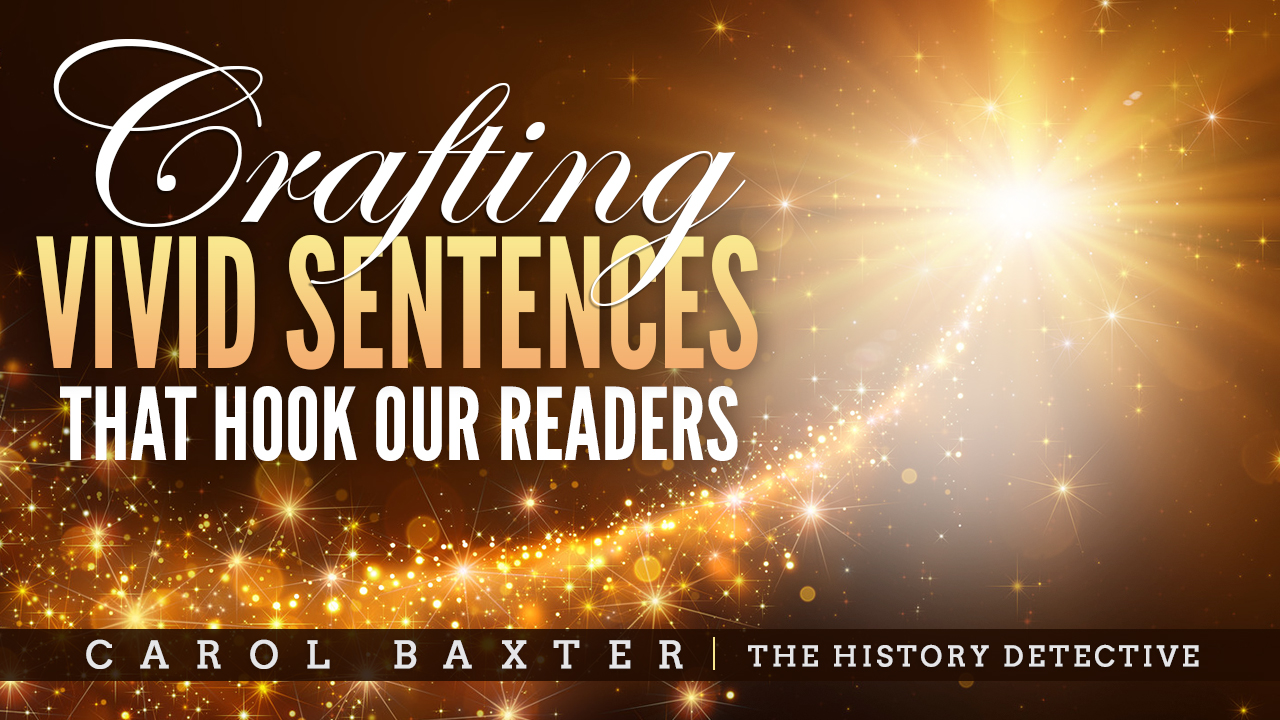
6. Crafting Vivid Sentences that Hook our Readers
As every writer knows, word choice matters. In fact, every famous author has access to the same words and sentence structures as we do. Their fame lies partly in their knowledge that word choices have a huge impact on our prose: strong verbs, descriptive nouns, metaphors and similes that add sophistication to our prose, and so on.
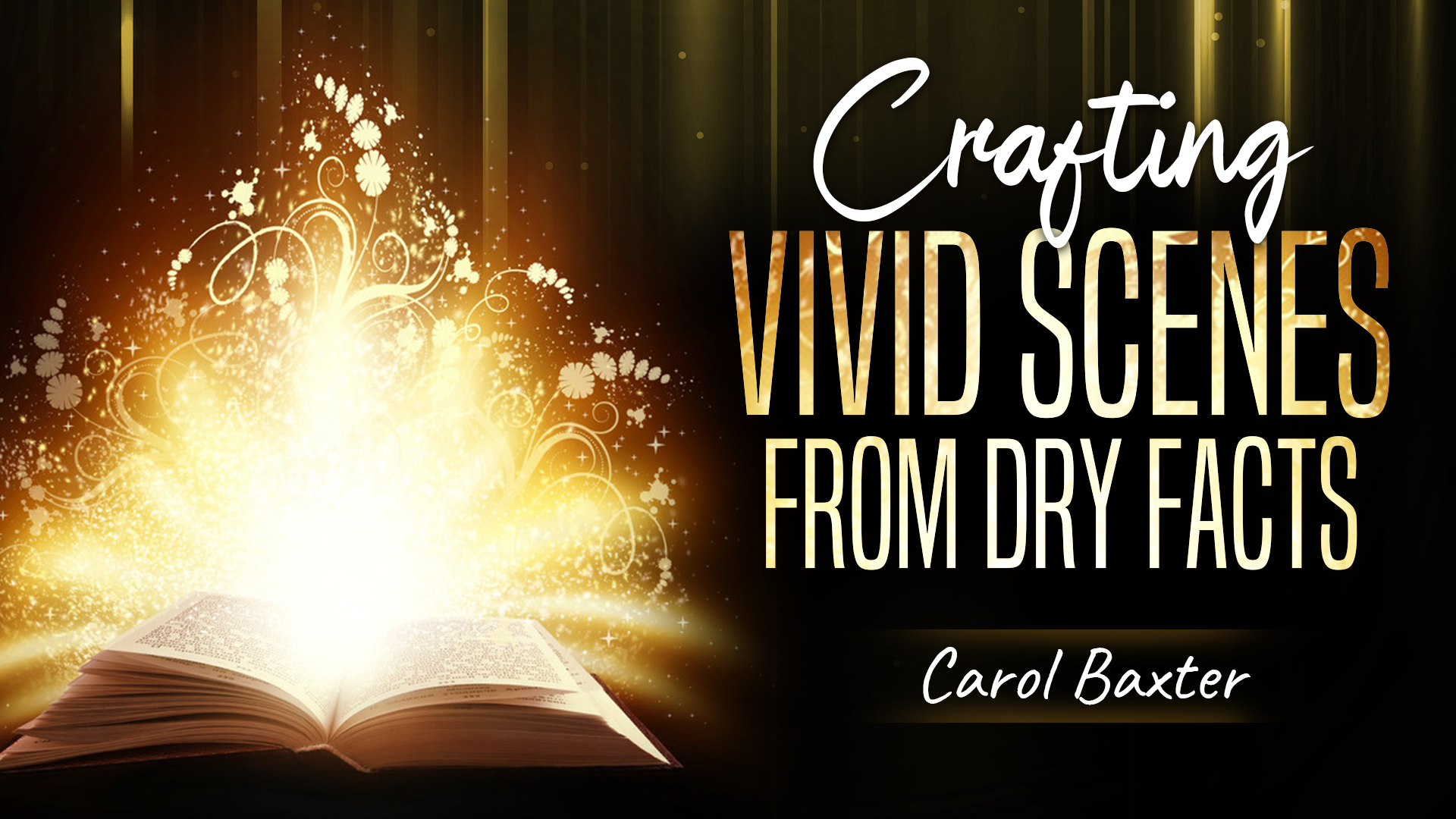
7. Crafting Vivid Scenes from Dry Facts
How do we combine our newly constructed vivid sentences to produce a vivid scene, especially when we have little information to work with? Anyone attempting to write gripping prose needs to learn how to build a descriptive scene by following pathways that might lead nowhere but sometimes end at goldmines.
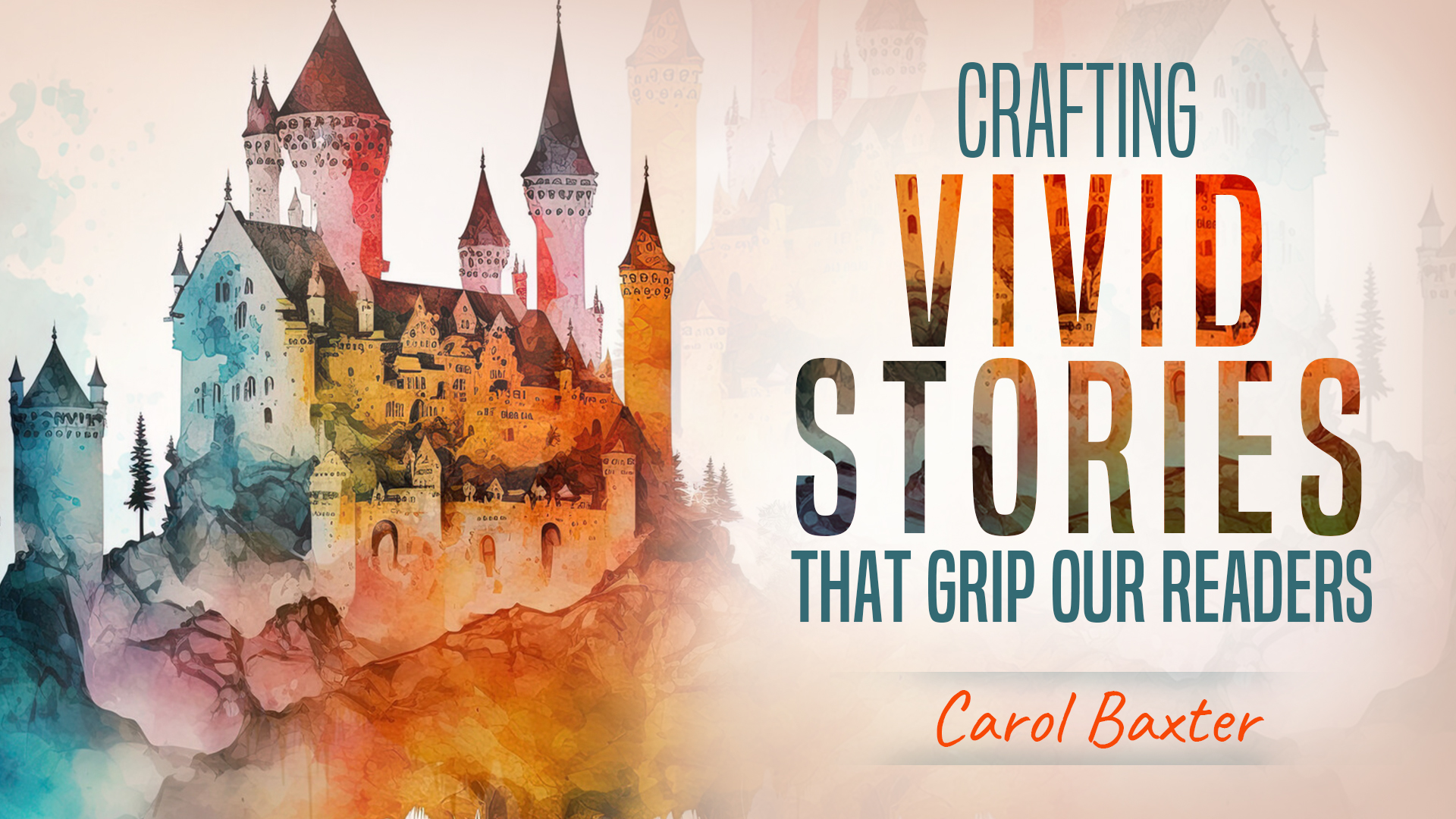
8. Crafting Vivid Stories that Grip our Readers
Many nonfiction writers tend to focus on the facts – and sometimes fiction writers do as well. But when we list fact after fact after fact, our readers tire and find something else to do. "Stories", however, keep them alert and eager to learn what happens next. This lesson shows you how to convert dry facts into gripping stories.
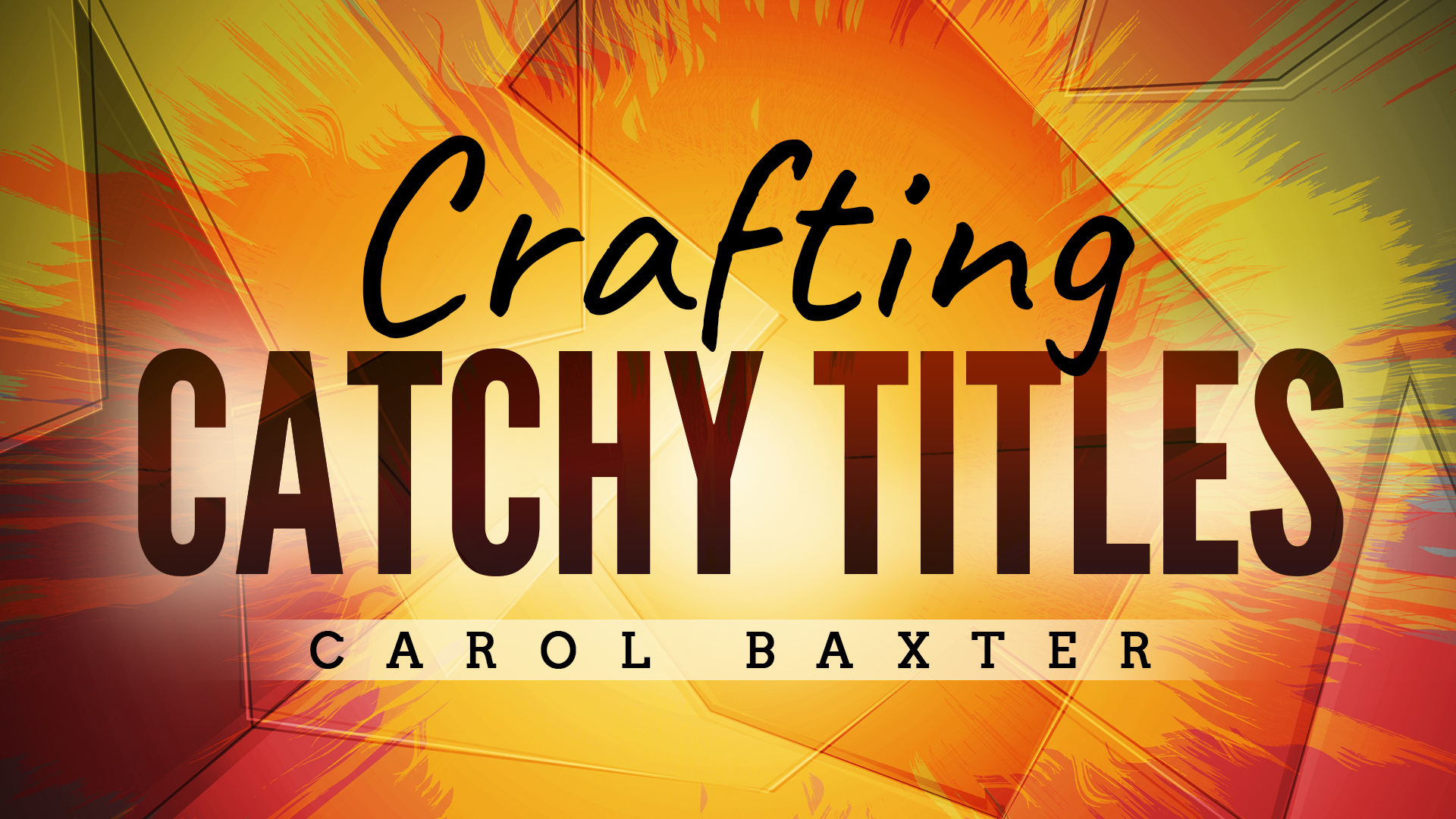
9. Crafting Catchy Titles
Most self-published book titles are boring and unappealing, especially those crafted by family historians: The Christie Family History, Our Watson Story. But what if there are tricks to assist us? This lesson provides structures you can follow and words you can appropriate to generate titles that will produce a twinkle in your readers' eyes or a twitch of their lips.
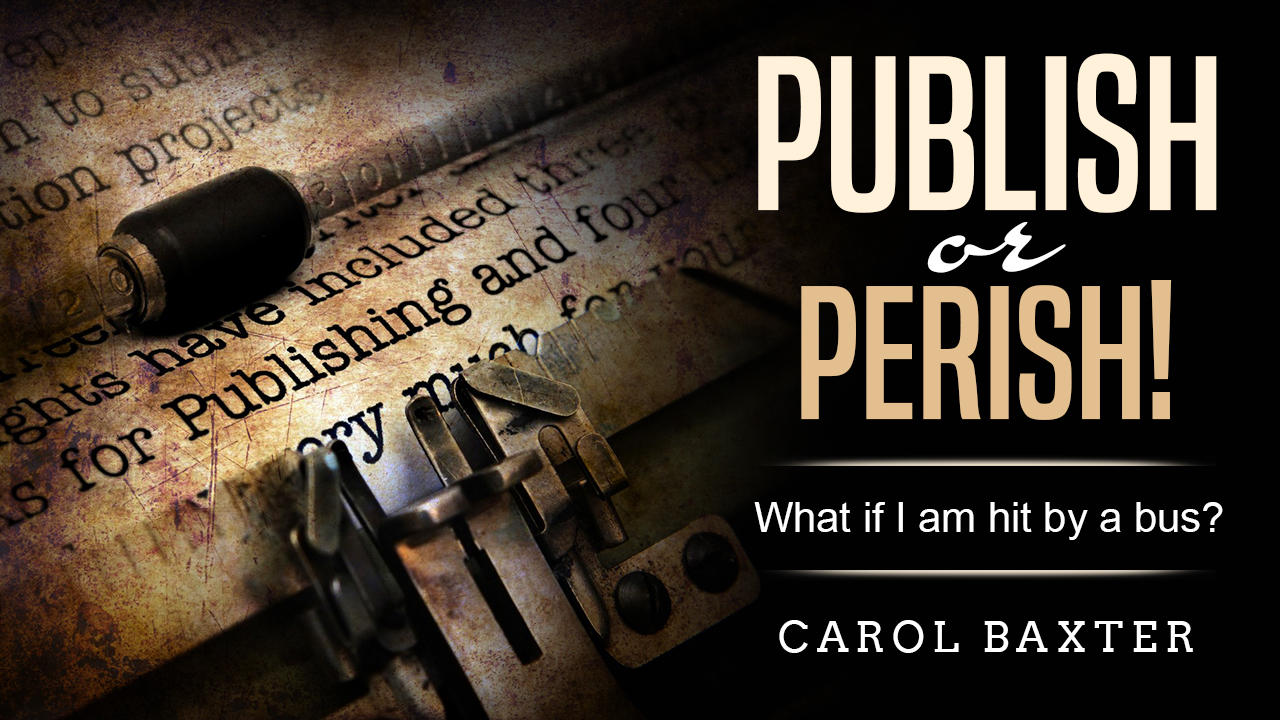
10. Publish or Perish!
Are you interested in publishing a biography or family history or other hardcopy book? Don't wait until you have finished your manuscript before you explore your publishing options. It could cost you time and money. It turns out that the choices we make early in our writing journey help dictate our success - or otherwise - when we self-publish a book.
Additional lesson on research skills
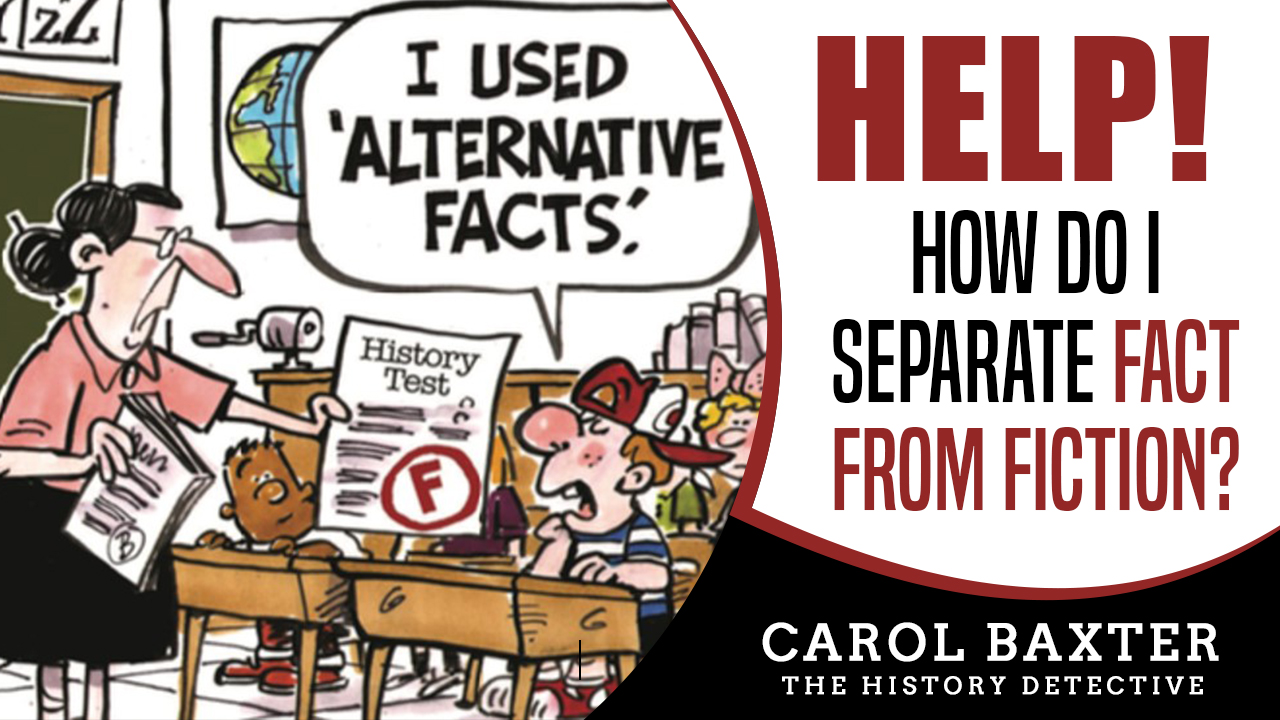
HELP! How do I separate fact from fiction?
Writers of nonfiction and fiction alike need to get their facts right. Both lose credibility if readers identify factual errors in their prose. Until recently, most people developed their evidence-analysis skills by a process of trial-and-error. Unfortunately, many "erred" more than "tried". This lesson explains how to assess the accuracy of information using a logical and easy-to-follow system.
Additional lessons for biographers and family historians
Anyone attempting to write an autobiography, biography, memoir or multigenerational family history will soon encounter the need to write about events such as births, marriages and deaths. These lessons show that these types of vital events have multiple layers and that burrowing through the layers helps us turn dry facts into an exciting narrative.
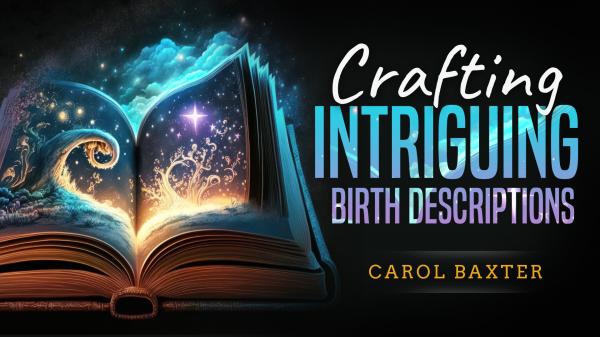
1. Crafting Intriguing Birth Descriptions
No doubt you've read biographies that commence with "John Smith was born on [...] at [...]" or words to that effect. Boring! It's also a waste of an incredible opportunity. Because our protagonists didn't exist in a state of limbo. They were born into a historical, regional, political and social environment. Thus, birth descriptions are an ideal vehicle for setting the historical scene at the start of our biographies.
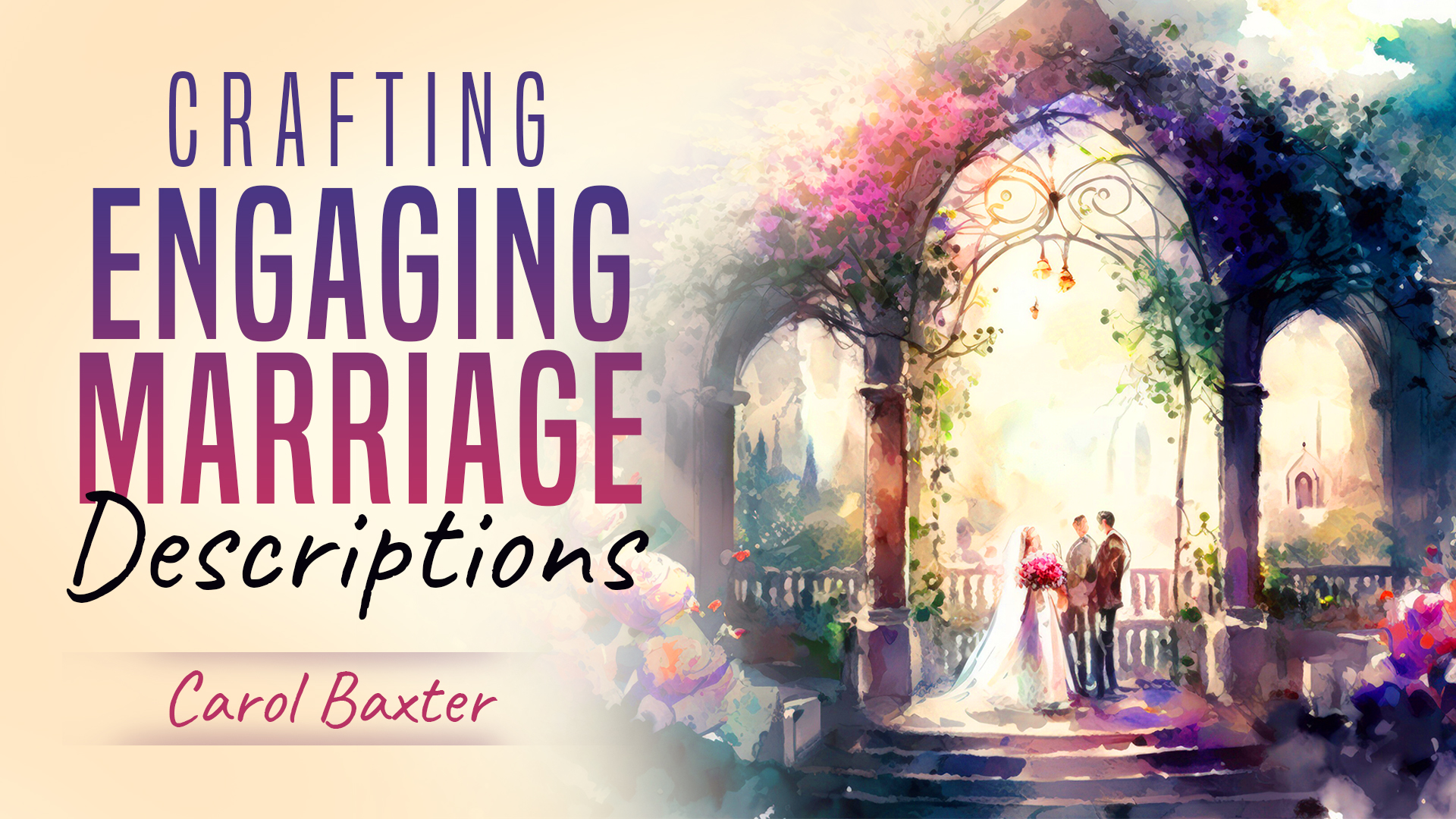
2. Crafting Engaging Marriage Descriptions
Most parents bore children within the legal confines of a marriage. Most biographers write: “John Smith and Mary Jones were married on [...] at [...].” Unfortunately, these types of descriptions are again dry, formulaic and clichéd. And they fail to make the most of relationships that were “without the benefit of clergy”. Let's try to craft descriptions of all of these relationships that will engage our readers and motivate them to keep reading.
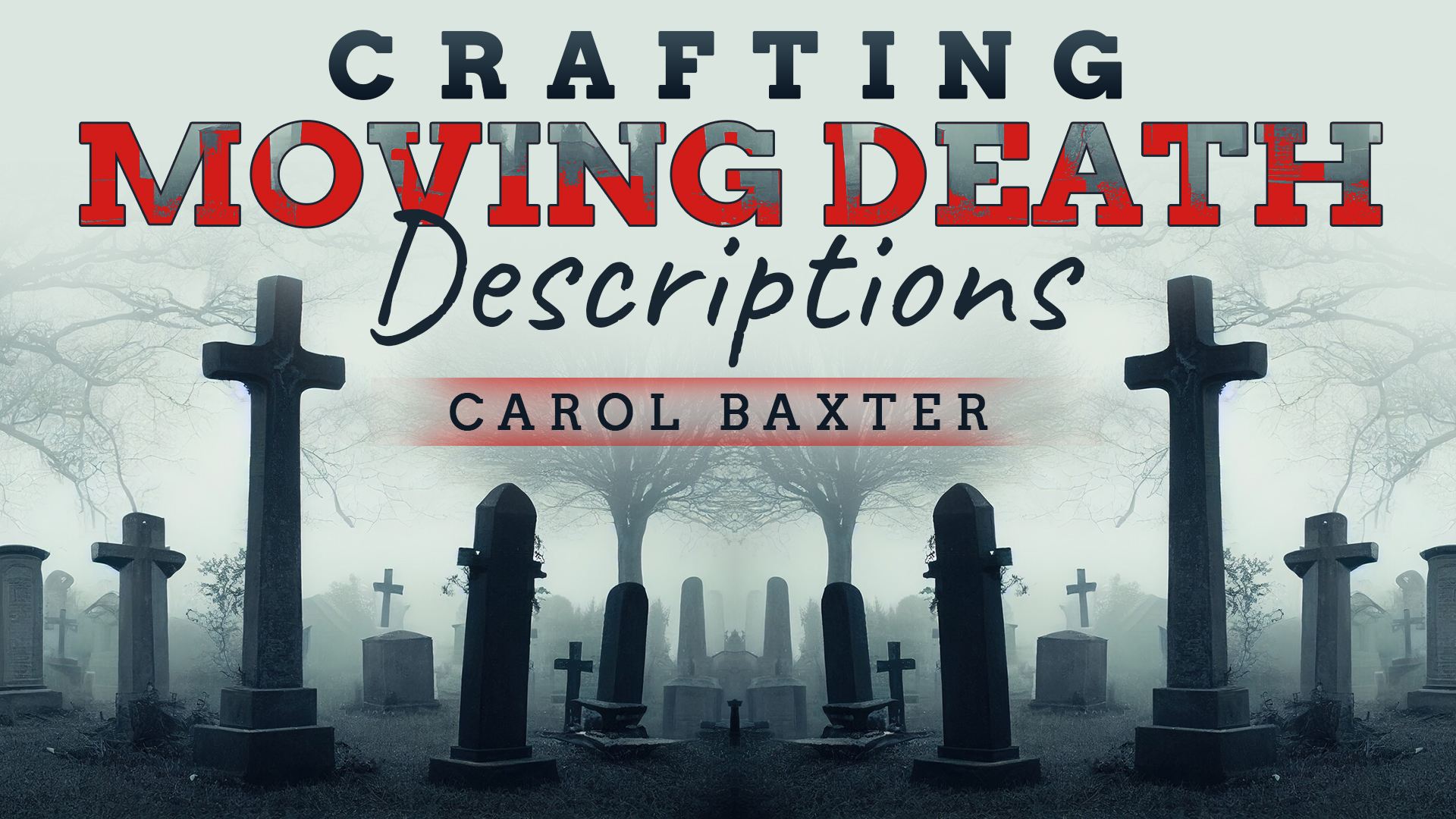
3. Crafting Moving Death Descriptions
The deaths of loved ones are among life’s most difficult experiences. Yet many biographers and family historians ignore this suffering – both the suffering of the dying and that of their family members – and merely write “So-and-so died on [...] and was buried on [...].” Additionally, a death description can be used to round up their life story and close the door on their world.
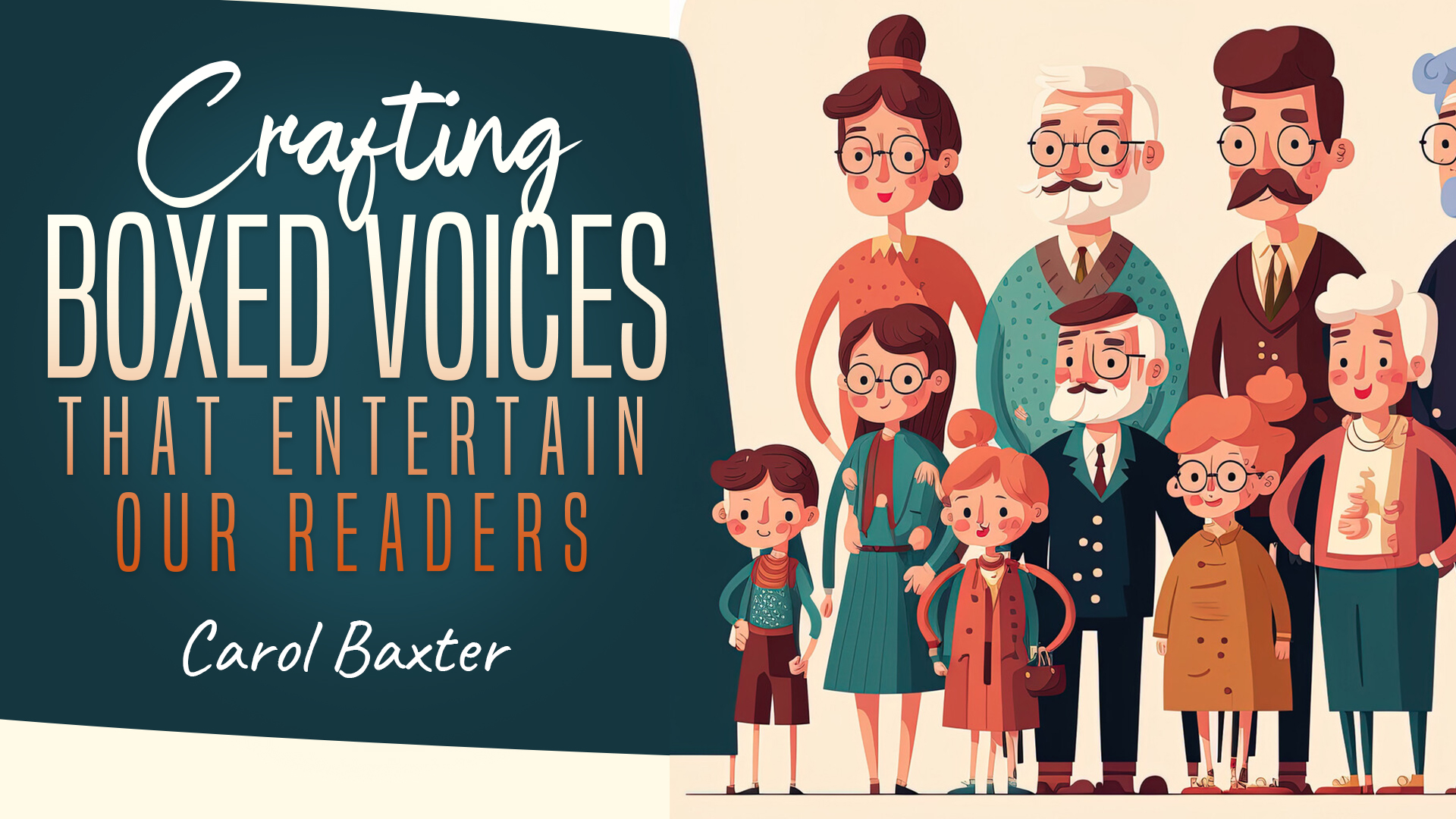
4. Crafting Boxed Voices that Entertain our Readers
Most amateur biographies are written in the encyclopaedia style, listing fact after fact, as it is the easiest style for nonfiction writers. Fortunately, there are other ways we can add information that will entertain our readers: for example, through “boxes” on the page that contain different literary “voices”, such as our own chatty voice describing our research journey.
Additional lesson on source-referencing
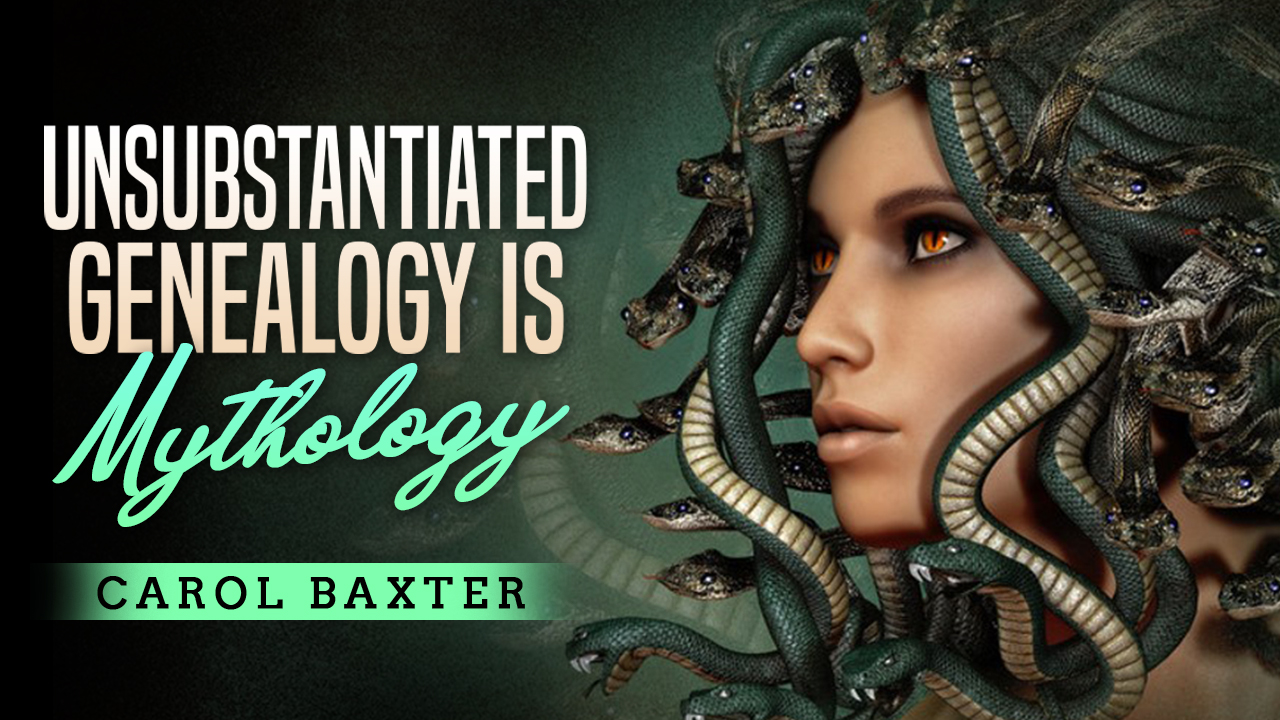
Unsubstantiated Genealogy is Mythology
As nonfiction writers, it is important that we record the sources of our family history information somewhere in our prose or publication. This lesson provides simple source-referencing structures for primary and secondary sources. It is especially helpful for those who haven't already adopted a source-referencing system.
Writing teacher
Carol's past audiences include:
- Masters' degree students at Sydney University studying creative nonfiction.
- Passengers attending Unlock the Past genealogy conferences on international cruise ships.
- Audiences watching Legacy Family History webinars (a subsidiary of My Heritage). One writing webinar was watched by 15,000 people in a week.
- Tens of thousands of attendees at live and online genealogy and history conferences.
- Students who subscribed to her Writing Fabulous Family Histories courses (60 videos recorded).
Praise for Carol's writing lessons
Absolutely fabulous! Carol is such a great presenter and I love her webinars! I have learned more about writing from her than I have from many previous writing courses and webinars. She is fantastic! Thank you for this wonderful series! Karen Mcatlin re Legacy Family Tree Webinars
Absolutely wonderful. Best lesson in writing I have seen, and fun to watch as well. Rhonda Berry re Legacy Family Tree Webinars
Great job on the Crafting Catchy Titles videos. You are truly a literary alchemist turning lead into gold! Scott Asproth, USA
I’m working hard to listen to as many sessions of Words, Words, Words as I can. ... The grammatical structure is reasonably familiar but it is the way that you illustrate how to use different structures to such good effect that has me absolutely wrapped. Loving it! Di Johnson, Tasmania, Australia
Carol’s webinars are entertaining and informative. I am listening to the webinars again and they are still inspirational. Annette Sheen, Australia
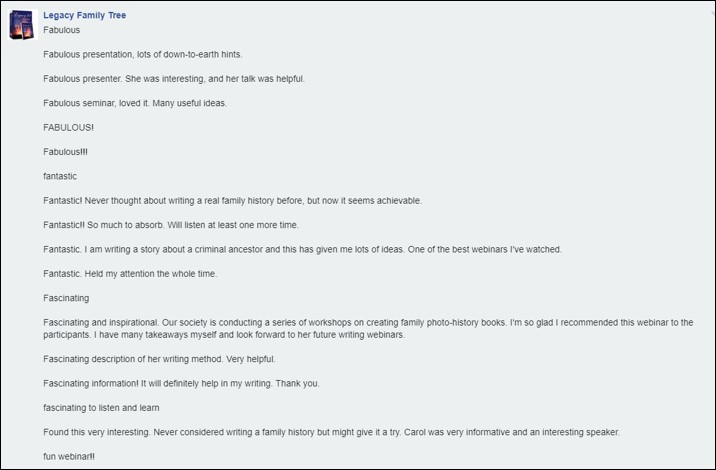
Some of the feedback from Carol Baxter's Turning Dry Facts into Exciting Narrative international webinar (go to the bottom of the hyperlinked webpage for dozens more pieces of feedback).
Cruise ship enrichment speaker
Carol is also a cruise ship enrichment speaker telling true tales of murder, mystery and mayhem.
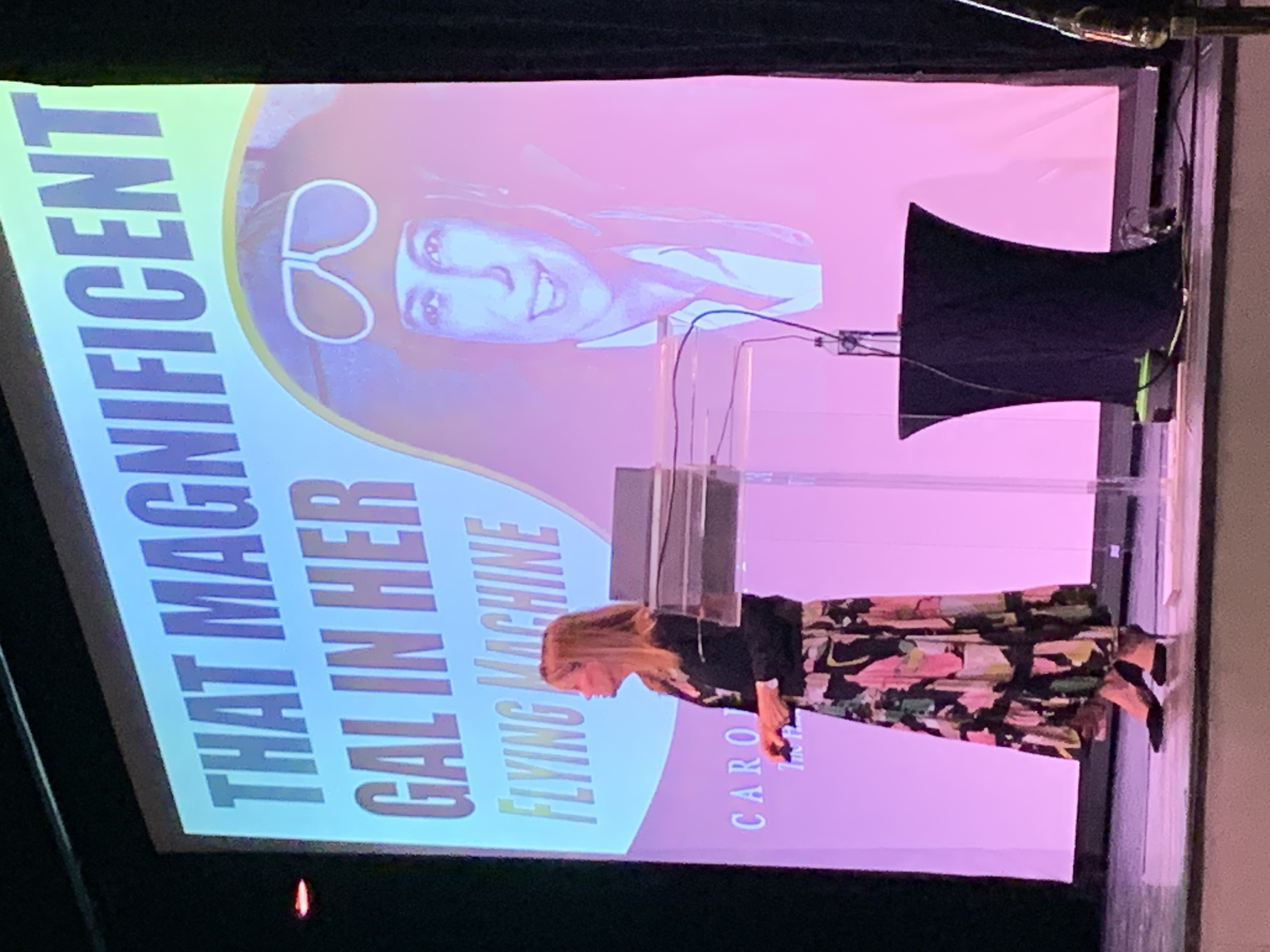
Carol Baxter speaking on Fred Olsen's Bolette in 2025.